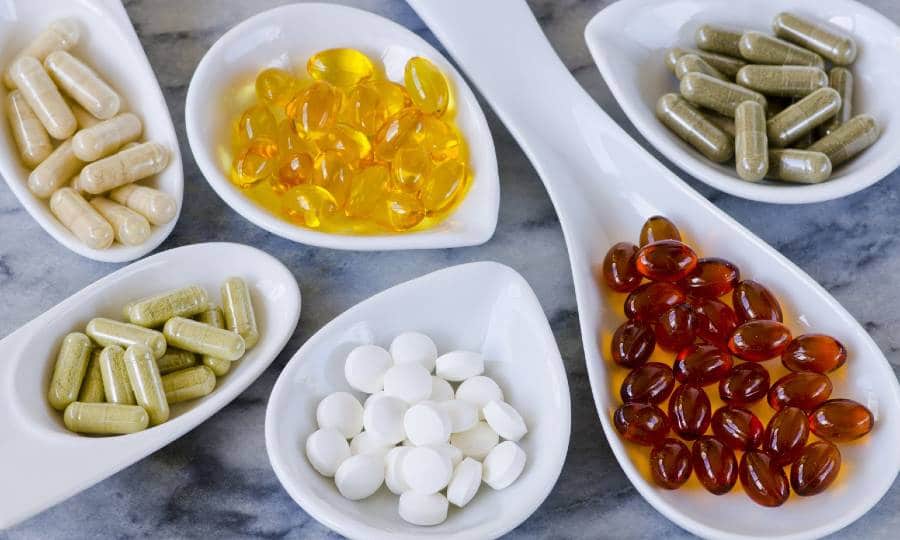Crucial Health Supplements
Crucial Health Supplements for Women
Isn’t it a fact that there are advices in abundance for women about the different supplements? Be it the premenstrual syndrome (PMS) or menopause – each woman has her share of advice.
But it is true that women often are confused about the kind of health food supplement products they should select standing in front of a health food store.
Evangeline Lausier, M.D., assistant clinical professor in medicine for the Duke Integrative Medicine Center in North Carolina sees supplementation to be only part of the holistic approach to self-care but it has to have enough supporting evidence. And before following any new dietary supplement regimen, take the opinion of the health care practitioner for the exact dosage and any drug-nutrients interactions.
Lausier recommends the following supplements and dosage for a healthy woman irrespective of their age:
Calcium

Calcium is necessary for women under the age of 35 to keep the bones strong. It also slows down the natural bone loss that occurs in women after the age of 35. Due to this protective quality of calcium over the bone, the U.S. Food and Drug Administration (FDA) has allowed these claims on the supplement labels. Calcium is also known to lower blood pressure and mitigate the symptoms of PMS.
Dosage – The dosage is 1,000 milligrams per day for premenopausal women and 1,200 1,500 milligrams per day for postmenopausal women. It should be divided into two equal dosages and be taken in the morning and evening.
Vitamin D3
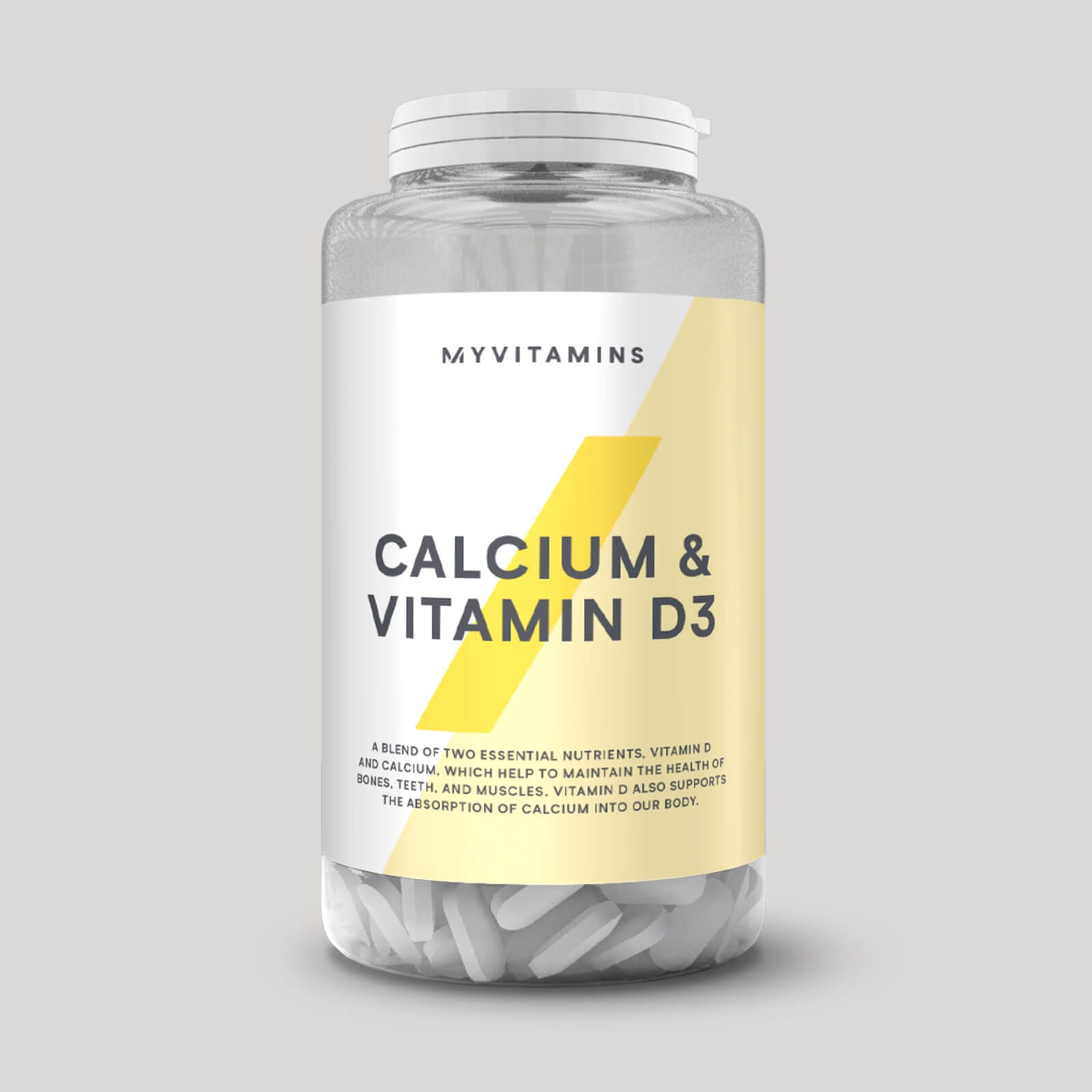
It enhances the body’s absorption capacity of calcium. Studies show that Vitamin D3 taken in higher dosage also helps to prevent problems of osteoporosis, cardiovascular diseases, type1 diabetes, and multiple sclerosis (MS).
Dosage – In order to enhance the body’s capacity of absorption of calcium, the recommended dose for premenopausal women is 500 IU per day, which should be increased to 800 IU per day in the case of the elderly and postmenopausal women. It can even be increased to 1000 IU if necessary. Usually, 20 minutes of exposure to direct sunlight on the face and arms is enough for the required amount of vitamin D if the UV (ultraviolet rays) is intense.
Iron

Lauser says that the deficiency of iron causes anemia, which affects greatly the metabolism and energy enzyme of the body. Iron is very essential for premenopausal and pregnant women. The requirement of iron for pregnant women is twice that of the other women due to an increased volume of blood during the gestation period and blood loss during delivery.
Dosage – Lauser recommends 10 to 20 milligrams of iron per day, which can be increased to 27 milligrams per day in the case of pregnant women. But excess iron is also not good for the liver. So, postmenopausal women should take the iron supplements only after consulting the doctor as their requirement is not high.
Gamma-linolenic acid (GLA)
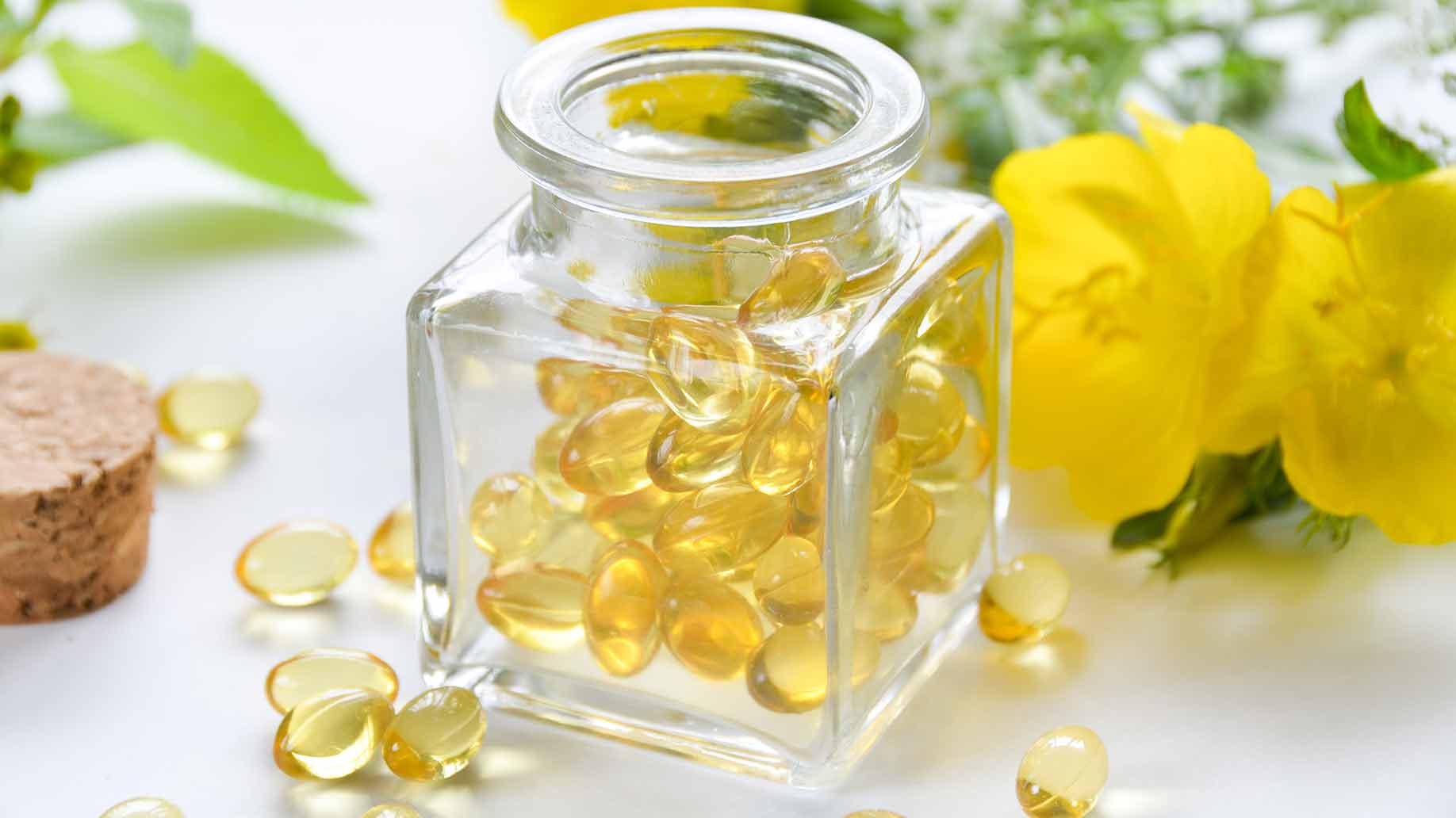
This fatty acid is known to alleviate inflammation. It also helps in reducing the irritable bowl syndrome-type symptoms women generally go through during menstruation. For women with PMS, taking GLA also has a positive affect. You can enhance the level of GLA by taking primrose oil, borage, or black currant seed oil.
Dosage – Lauser and other doctors recommend evening primrose oil as they do not have any side effects. The recommended dosage is 3 to 6 grams of evening primrose oil or 270 to 500 milligrams of GLA.
Vitex
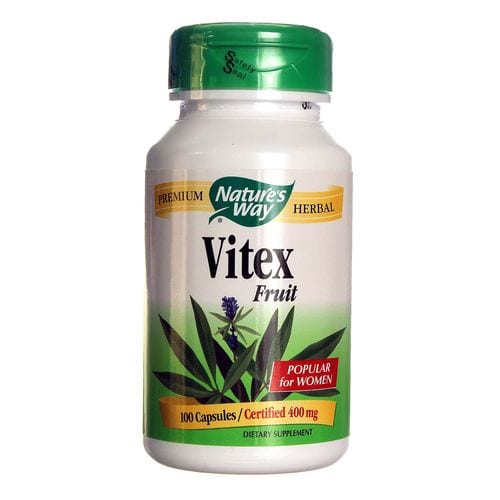
Vitex agnus-castus, aka chaste tree berry or monk’s pepper, have been used to address many health problems in Rome during ancient periods. Even today, they are used for infertility, PMS symptoms, and irregular periods.
Dosage – Vitex keeps the hormonal balance in order. Lussier suggests that women should take 30 to 40 milligrams per day for some months to be effective but pregnant women are forbidden to take it.
Indole-3-carbinol (I3C)
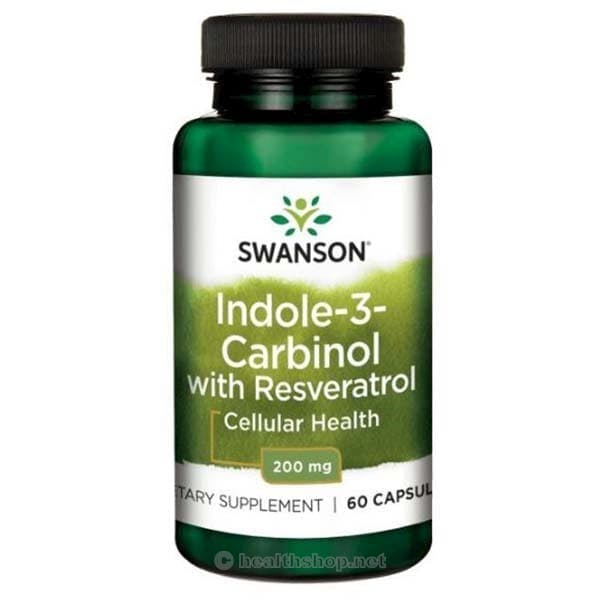
Found in cruciferous vegetables like broccoli, Brussels sprouts, and cauliflowers, 13C is known to reduce the risks of some cancers.
Dosage – Early trial reports point that 13C may reverse the symptoms of human papillomavirus (HPV) infection like cervical cell abnormalities. Some studies also showed that taking 200 to 400 milligrams of 13C per day fro a period of 12 weeks can reverse cervical cancer in its early stage. Lauser recommends a dose of 200 to 400 milligrams per day.
Folic acid
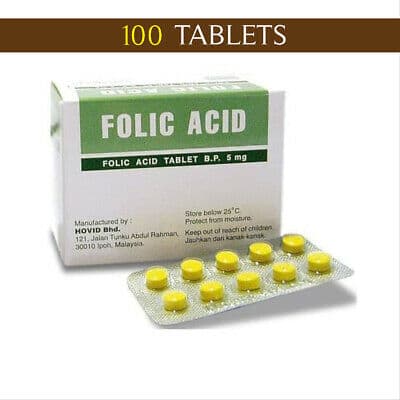
Folic acid is essential for cell regeneration and maintenance. Hence, this vitamin B insufficient amount is necessary during the time of cell division like the period of pregnancy. Intake of enough folic acid during early pregnancy protects against neural tube effects. Clinical trials show that folic acid supplements reduce the level of homocysteine in the blood, thereby decreasing the risks of cardiovascular diseases.
Dosage – Lauser recommends 800 milligrams per day, which can be increased to 1,000 to 2,000 milligrams per day at the time of pregnancy. Postmenopausal women may take 400 to 8000 micrograms per day for its cardioprotective quality. You should take foliage (green) to get your share of folic acid.

